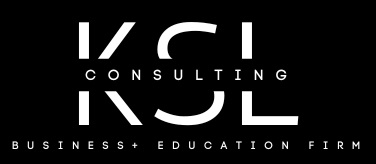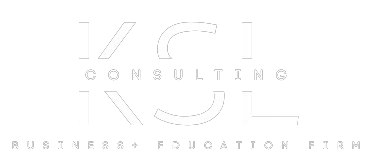Welcome, fellow early childhood education leaders, to a conversation that’s long overdue. In the fast-paced, high-stress environment of early childhood education, it’s all too easy to find ourselves overwhelmed, overworked, and burnt out. But here’s the thing: while the industry certainly presents its own set of challenges, many of the wounds we face as administrators are self-inflicted.
Let’s talk about it.
As leaders in the early childhood education sector, we often wear many hats – educator, administrator, counselor, mediator, and the list goes on. We pour our hearts and souls into our work, striving to provide the best possible care and education for the children in our programs. But in doing so, we sometimes neglect to set boundaries, prioritize self-care, and establish the necessary structures to not just survive, but thrive in our roles.
So, what can we do to break this cycle of self-inflicted wounds and create a healthier, more sustainable approach to leadership in early childhood education? Here are a few strategies to consider:
- Build Good Systems: Effective management starts with good systems. Whether it’s implementing streamlined enrollment processes, establishing clear communication protocols, or developing efficient scheduling systems, building strong systems can help lighten the load and reduce stress.
- Recognize Your Limits: As leaders, we often feel pressure to do it all – but the truth is, we’re only human. Recognize that you are a limited resource and that you need to replenish yourself in order to be effective. Prioritize self-care, set boundaries, and don’t be afraid to ask for help when you need it.
- Management with Head, Heart, Ears, and Hands: Effective management is about more than just checking items off a to-do list. It’s about leading with your head, heart, ears, and hands – using your intellect, empathy, listening skills, and action to create an environment where both children and staff can thrive.
- Continuous Learning and Growth: The field of early childhood education is constantly evolving, and as leaders, it’s essential that we stay informed and up-to-date on best practices, research, and trends in the industry. Invest in professional development, seek out mentorship opportunities, and never stop learning and growing as a leader.
- Cultivate a Supportive Community: Surround yourself with a network of support – colleagues, mentors, friends, and family who understand the unique challenges and rewards of working in early childhood education. Lean on each other for advice, encouragement, and solidarity in the journey.
While the demands of the early childhood education industry can be daunting, some of the wounds we face as administrators are self-inflicted. By prioritizing self-care, setting boundaries, building effective systems, and continuously investing in our growth and development as leaders, we can create a healthier, more sustainable approach to leadership – one that allows us not just to survive, but to thrive in our roles. Together, let’s raise our awareness, support one another, and work towards creating a brighter future for early childhood education.
Written by: Niki Da’Jon, MBA







